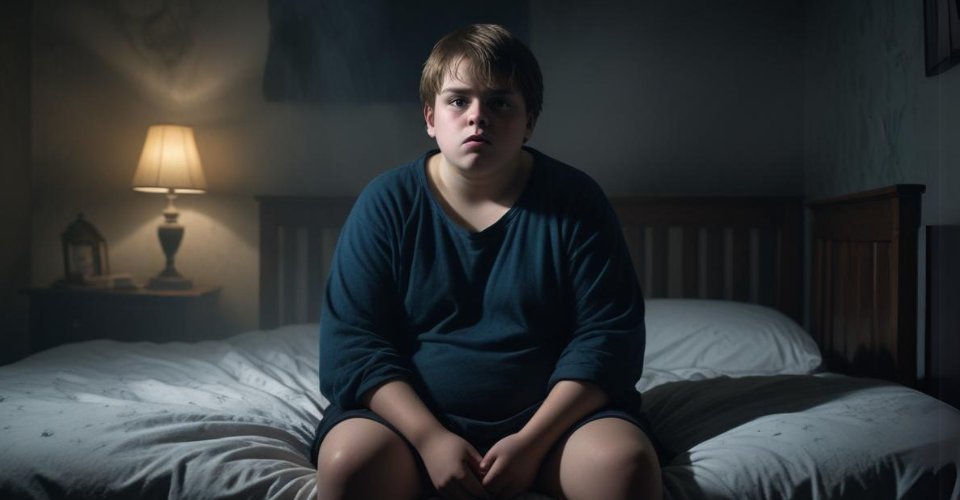In recent years, the use of contraceptive pills has become a common method for family planning among women worldwide. These medications offer convenience and effectiveness in preventing unplanned pregnancies. However, a new study has shed light on a potential link between contraceptive pills and depression. While this may raise concerns, it’s essential to understand the nuanced findings of the research.
The Study To Understand The Link Between Contraceptive Pills and Depression
The study, conducted by a team of researchers from various institutions, aimed to investigate whether there is a link between contraceptive pill usage and the risk of depression. To achieve this, they analyzed extensive data from a diverse group of women over several years.
One of the key findings of the study indicates that there is indeed an increased risk of depression in the initial years of contraceptive pill use. This may sound alarming at first, but it’s essential to delve deeper into the data to understand the nuances.
The researchers discovered that women who had recently started taking contraceptive pills, especially within the first few months, had a higher likelihood of experiencing depressive symptoms compared to those who did not use such medication. This suggests that there might be an adjustment period during which some women may be more susceptible to mood changes.
What sets this study apart is its focus on the long-term effects of contraceptive pill usage. While the initial years showed an elevated risk of depression, the researchers found that this risk gradually diminished over time.
As women continued to use contraceptive pills, their susceptibility to depression decreased. This intriguing finding suggests that the initial mood-related challenges may be temporary and tend to stabilize as the body adapts to the medication.
To understand this complex relationship between contraceptive pills and depression, the researchers explored several factors that could be contributing to the observed trends.
- Hormone Adjustments: Contraceptive pills contain hormones that regulate the menstrual cycle and prevent pregnancy. It’s believed that the initial mood changes may be due to the body adjusting to these hormonal fluctuations.
- Psychological Factors: Life circumstances, stress levels, and personal factors also play a crucial role in mental health. The study accounted for these variables to ensure a comprehensive analysis.
- Individual Variations: Every woman’s body responds differently to contraceptive pills. Some may experience mood changes, while others may not notice any significant impact.
The findings of this study have several implications for both healthcare providers and women considering contraceptive pills as their birth control method.
- Informed Decision-Making: Women should be informed about the potential mood-related side effects of contraceptive pills when discussing family planning options with their healthcare providers. Understanding the temporary nature of these effects may help women make more informed decisions.
- Monitoring and Support: Healthcare providers should consider closely monitoring women in the initial months after starting contraceptive pills to assess their mental well-being. This can help identify and address any emerging mood-related issues promptly.
- Individualized Approach: Recognizing that individual responses to contraceptive pills vary, healthcare providers can work with patients to find the most suitable contraceptive method that aligns with their unique needs and health considerations.
While the study highlights a link between contraceptive pills and depression, it’s crucial to interpret the findings with nuance. The increased risk observed in the initial years of usage is tempered by the fact that this risk diminishes over time.
Women and healthcare providers should engage in open and informed discussions about contraceptive options, taking into account both the benefits and potential side effects.
Ultimately, the goal is to empower women to make choices that best align with their reproductive and mental health needs.




























